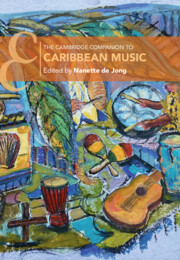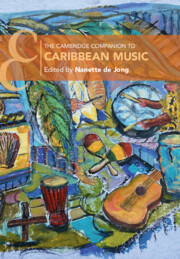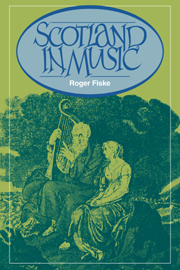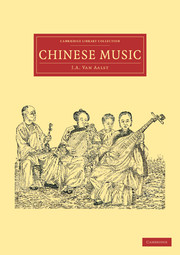Carnival, Canboulay and Calypso
Starting from the days of slavery and following through to the first decades of the twentieth century, this book traces the evolution of Carnival and secular black music in Trinidad and beyond. Calypso emerged as the preeminent Carnival song form at the end of the nineteenth century and its association with the festival is investigated, as are the first commercial recordings by Trinidad performers. Considerable use is made of contemporary newspaper reports, colonial documents, travelogues, oral history and folklore, providing an authoritative treatment of a fascinating story in popular cultural history.
- Based on fascinating documentary material from the days of slavery to the early twentieth century
- Richly illustrated
- Full discussion of early recordings of Calypso
Reviews & endorsements
"...providing a thoroughly researched historical study of the origins and development of calypso from its roots in the 18th century to the present." T.E. Miller, Choice
"...[a] wealth of information and careful analysis." Errol Hill, American Historical Review
"...a rich compilation of raw data for the reconstruction of Trinidadian social history..." Peter Manuel, Journal of Social History
"John Cowley's Carnival, Canboulay and Calypso, a finely documented and important addition to the pool of writing on Trinidadian expressive culture, treats the early history of the first two elements of the triumvirate for which Trinidad is so famous. Carnival, Canboulay and Calypso provides just the kind of well-researched source material that is essential in such an endeavor and will be of great value to all concerned with Trinidad and Tobago, the Caribbean, and broader issues of expressive culture in the African diaspora." Eric Charry, Yearbook for Traditional Music
Product details
February 1999Paperback
9780521653893
312 pages
229 × 152 × 18 mm
0.47kg
21 b/w illus. 2 maps
Available
Table of Contents
- 1. Background to West Indian music
- 2. 'Pain nous ka mangé': music, carnival and events 1783–1869
- 3. 'Not a cent to buy rice': poverty, revelry and riots, 1870–1896
- 4. 'Iron Duke in the land': banners, bands and music 1897–1920
- 5. Creole musical traditions: Africa, the Caribbean and beyond
- Notes
- Bibliography
- Discography
- Index.






